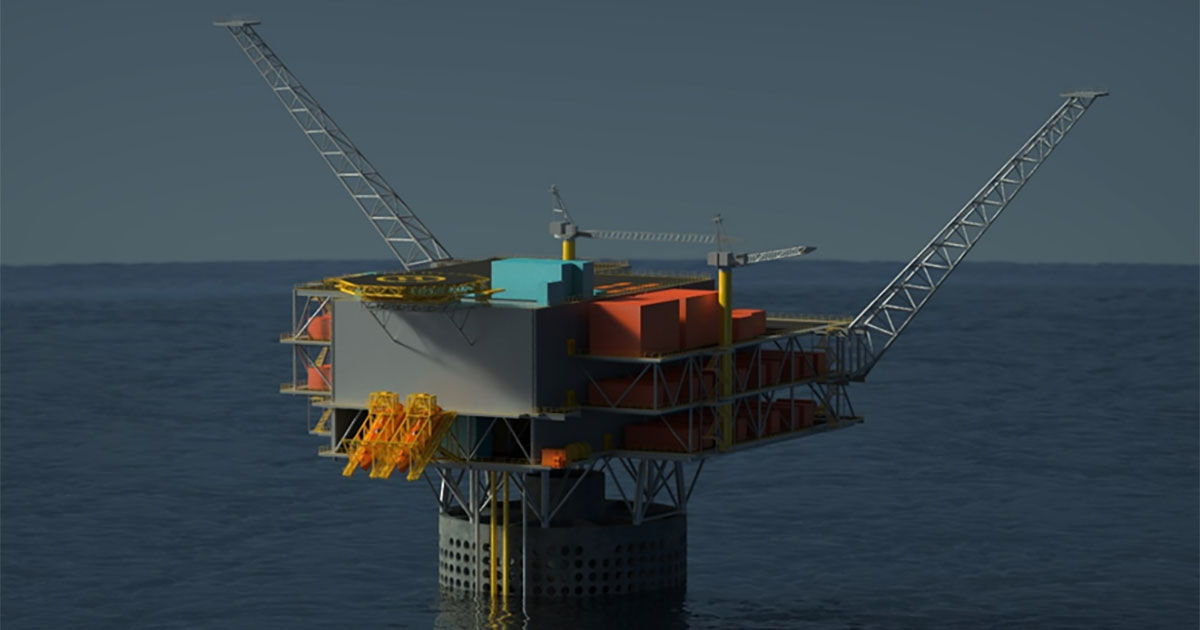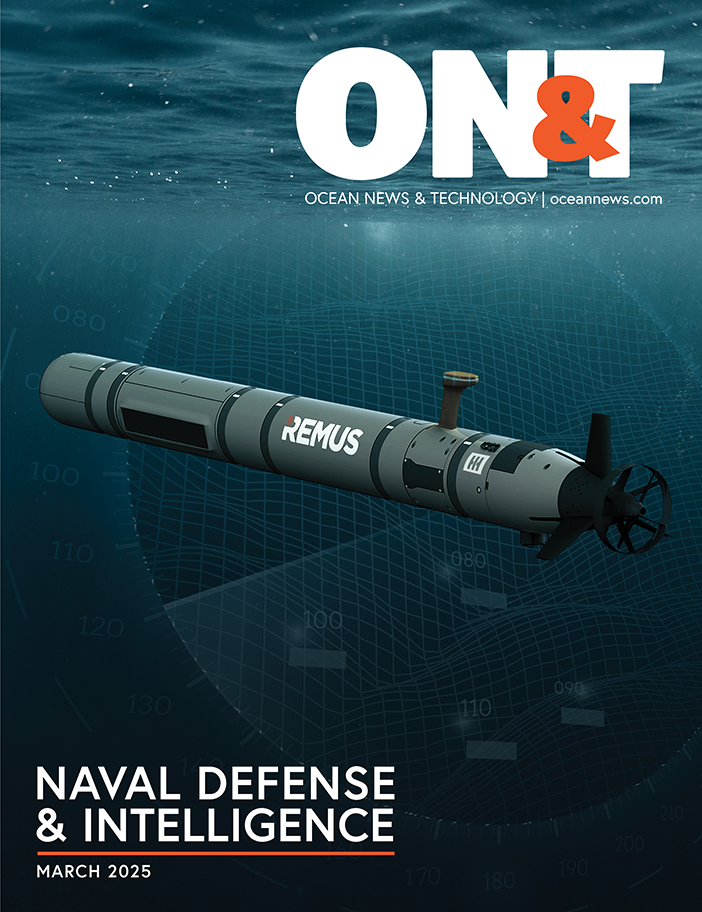This landmark initiative aims to develop large-scale offshore green hydrogen production by repurposing existing oil and gas infrastructure on the UK Continental Shelf (UKCS) and exploring the construction of new offshore facilities.
Led by a team of expert engineers, Apollo undertook a comprehensive analysis of the HOP2 project, focusing on using existing offshore structures while ensuring safety and operational efficiency. The study employed a detailed process, evaluating offshore assets, developing equipment lists, and assessing various layout options. Key considerations included safety, efficiency, and structural integrity, emphasizing the hydrogen production process, encompassing water treatment, electrolysis, and compression.
Phil Westmorland, Apollo’s Decarbonization Director, stated: “This study represents a significant milestone in the journey towards decarbonization. By employing the potential of offshore green hydrogen production, we are advancing renewable energy technologies and driving positive economic and environmental outcomes.”
The study concluded with viable options for a new offshore asset or the reuse of existing offshore asset substructures. It recommended pursuing the repurposing of existing assets while highlighting the importance of collaboration with suppliers to develop bespoke electrolyzer designs suitable for offshore applications.
Mechanical Manager, Keith Archibald, who worked on the project (and has many years’ experience), commented: “I found the project immensely rewarding, particularly due to the challenge it presented. Initially skeptical about the idea of offshore hydrogen production through replacing topsides on existing asset substructures, we completed the study with a clear understanding of its advantages. While repurposing existing jacket or GBS substructures will certainly be demanding, the potential for significant cost savings justifies additional effort to more precisely determine the footprint requirements for such assets.”
The findings underscored Apollo’s commitment to advancing green hydrogen production in alignment with broader environmental goals.

